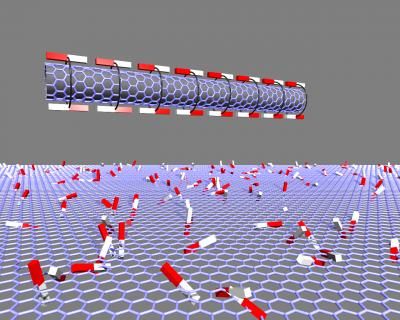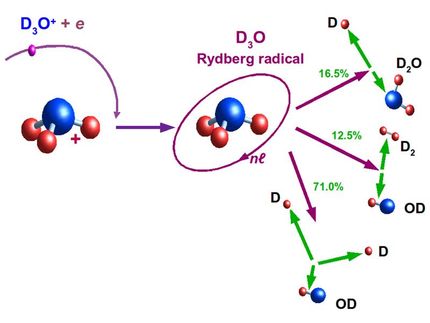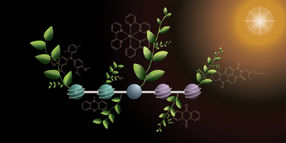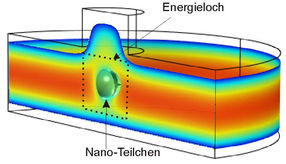Ticona Adds Eight Hydrolysis-Resistant PBTs to its Line of Celanex(R) PBT
Wide Range of Filled and Unfilled Hydrolysis-Resistant PBTs Announced; Screening Evaluations Meet Demanding USCAR Class II and III Performance; Testing Underway to Most-Demanding Class IV Criteria
Advertisement
Summit, NJ (USA); Frankfurt, Germany, Feb. 25, 2002
Ticona, a business of Celanese AG, has extended its broad line of Celanex(R) thermoplastic polybutylene terephthalate (PBT) polymers with a family of eight hydrolysis-resistant grades. These filled and unfilled PBTs offer improved performance over standard grades in automotive connectors and in other applications where elevated temperature and humidity are a problem.
The new PBTs resist the effects of water better than standard PBT grades. As a result, they have better retention of elongation at break, tensile strength and other mechanical properties in hot and humid environments.
USCAR Testing Screening evaluations by Ticona indicate that parts made from these new grades comply with USCAR (United States Council for Automotive Research) Class II and Class III testing for auto connectors per USCAR-2v section 5.6.2 testing protocol. This protocol classifies the performance of parts exposed to conditions that cause hydrolysis. Standard PBT grades generally pass USCAR Class I tests (105ºC peak temperature), but not the more demanding Class II (120ºC peak temperature) and Class III tests (145ºC peak temperature).
The new hydrolysis-resistant grades of Celanex PBT also are being screened at 175ºC peak temperature according to USCAR Class IV requirements.
In one example, Celanex 3300HR PBT, a 30 percent glass-filled grade enhanced for hydrolysis resistance, retained over 80% of its elongation at break in USCAR Class III testing. In addition, ISO aging tests of this grade at 85ºC and 85% RH found that it retained 90 percent of its tensile strength after 21 weeks compared to just 18 percent for the corresponding standard grade without added hydrolysis resistance.
Most read news
Topics
Organizations
Other news from the department research and development

Get the chemical industry in your inbox
By submitting this form you agree that LUMITOS AG will send you the newsletter(s) selected above by email. Your data will not be passed on to third parties. Your data will be stored and processed in accordance with our data protection regulations. LUMITOS may contact you by email for the purpose of advertising or market and opinion surveys. You can revoke your consent at any time without giving reasons to LUMITOS AG, Ernst-Augustin-Str. 2, 12489 Berlin, Germany or by e-mail at revoke@lumitos.com with effect for the future. In addition, each email contains a link to unsubscribe from the corresponding newsletter.
Most read news
More news from our other portals
Last viewed contents
Biotechnology for soaking and liming
Caliper Life Sciences Awarded EPA Contract for Multi-Year, Multi-Million Dollar Tox Program - Caliper Discovery Alliances & Services Unit to Test Environmental Chemicals
Sergei_Winogradsky
Chrysotile
Anabolic_steroid
The thinnest, smoothest metallic lines in the world helps speed up miniaturisation of electronic devices - New method creates super-thin, high integrity, continuous metal lines that surpass today’s semiconductor industry requirements
Cosmetic_pharmacology
Porphyria

































































